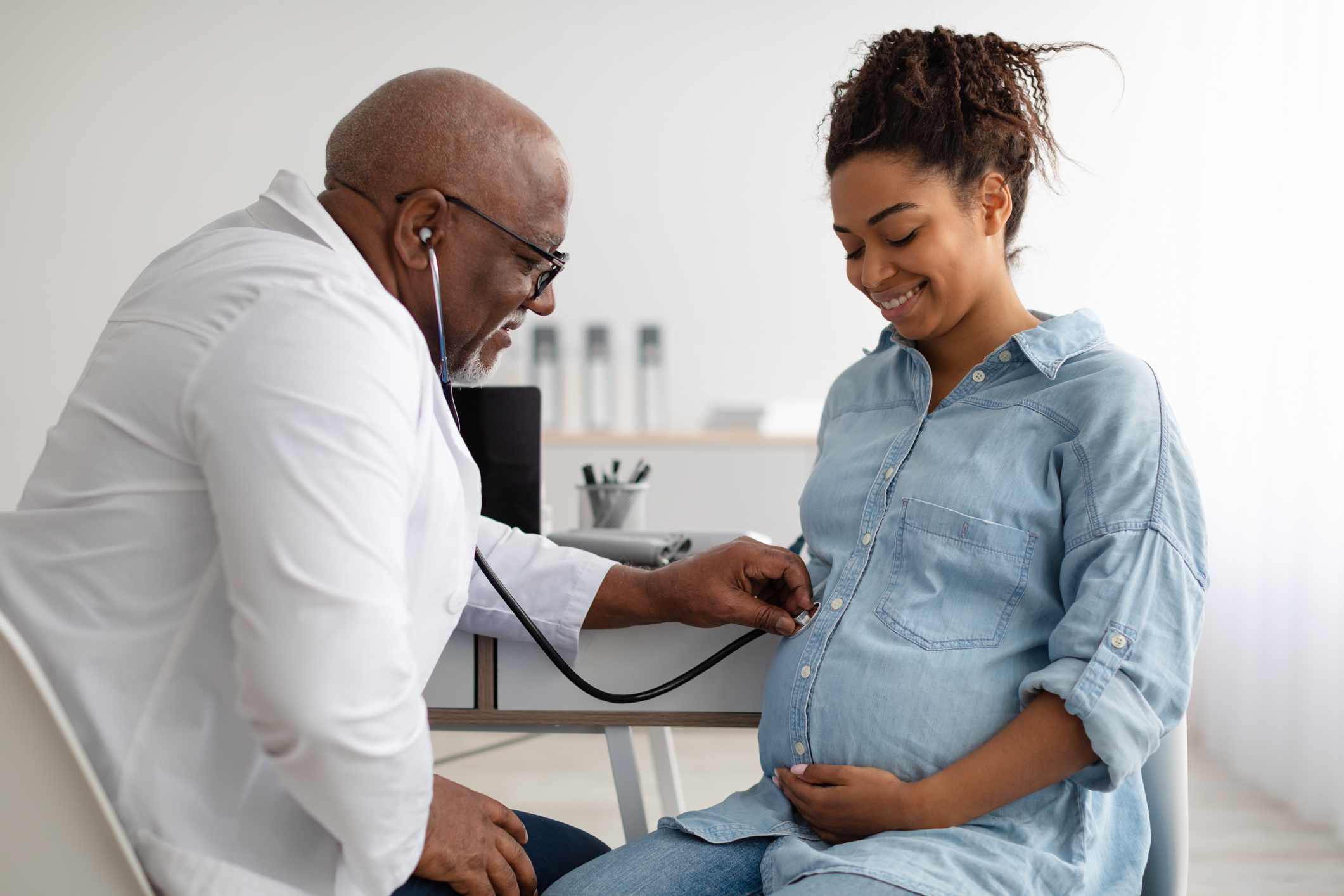What is Preeclampsia?

Preeclampsia (also known as toxemia) is a serious condition that can happen to women sometime after their 20th week of pregnancy. Indications of preeclampsia include high blood pressure, high levels of protein in the urine and reduced functionality of the liver and clotting ability. Other signs of preeclampsia may include swelling, blurry vision, and consistent headaches.
Preeclampsia can be mild to severe. If left untreated preeclampsia can lead to serious complications for the mother and child. Preeclampsia can hinder the baby’s growth because the placenta isn’t receiving the blood and oxygen it needs to feed the baby. In worse cases, preeclampsia can cause placental abruption, in which the placenta separates from the inner wall of the uterus causing severe bleeding.
There are certain factors that may put a woman at greater risk for preeclampsia including:
– Becoming pregnant over 40 years of age
– Having diabetes or an autoimmune disease such as lupus
– Experiencing preeclampsia with a previous pregnancy
It’s a good idea to work with a doctor consistently to help manage your blood pressure throughout your pregnancy and reduce the risks of getting it again.
Treatment for preeclampsia will depend on how severe the symptoms are. Women who have gestational hypertension or preeclampsia without severe features would be closely monitored by their provider. In more severe cases, in which the baby is not getting the oxygen and nutrients it needs to properly grow, a doctor may want to induce labor.
After the baby is born, it is common to see many of the symptoms improve. It may take some time before everything looks normal again. For instance, your blood pressure may continue to be high and will still need to be monitored. Doctors will need to confirm there is no more protein in your urine.
It can be incredibly discouraging and overwhelming when you’re given a preeclampsia diagnosis. Please talk to your doctor if you feel you need more than just medical support.
Visit our Patient Resources to learn more about preeclampsia. If you’d like to schedule an appointment with one of our healthcare providers, please call 307-634-5216.

Leave a Reply